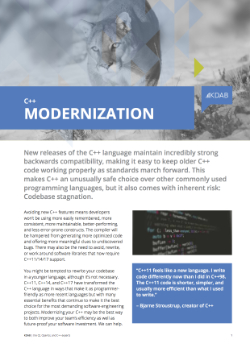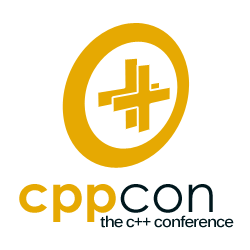GoingNative 65: ISO C++ @ Jacksonville Debriefing--Augustin Popa
 Another is out!
Another is out!
GoingNative 65: ISO C++ @ Jacksonville Debriefing
by Augustin Popa
From the video:
We are back quickly after our last episode to go over the latest news from the ISO C++ Standards Committee meeting in Jacksonville, Florida! C++20 planning is well on its way now as Steve Carroll chats with Gabriel Dos Reis and Gor Nishanov about new progress with C++ Modules, Coroutines, and more!
Some coroutine-related papers accepted for a future version of the C++ standard (provides more context on the code shared in the video):
- Symmetric control transfer
- Parameter preview

 Interested?
Interested? Be careful.
Be careful.

 As part of the Conan ecosystem JFrog is extending it's long living Artifactory
As part of the Conan ecosystem JFrog is extending it's long living Artifactory